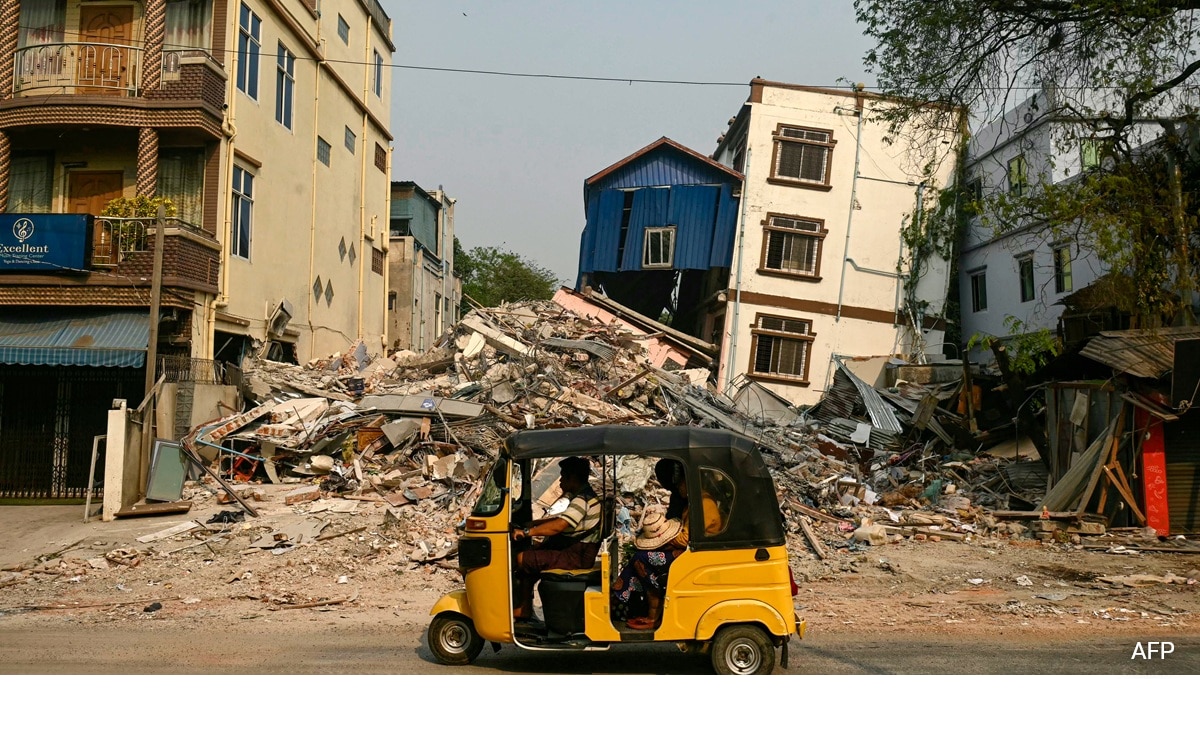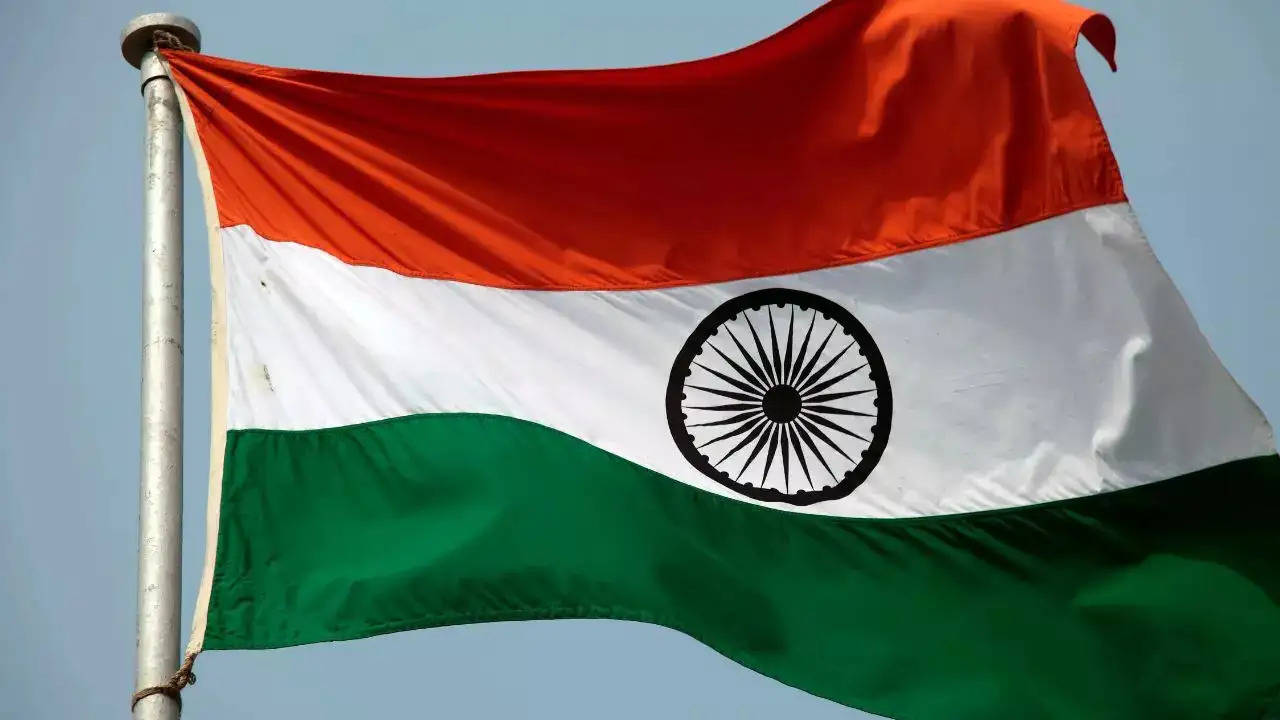Pakistan: Religious, insurgent groups gain power amid 70% rise in terrorist violence

Join our WhatsApp Community to receive travel deals, free stays, and special offers!
- Join Now -
Join our WhatsApp Community to receive travel deals, free stays, and special offers!
- Join Now -

Like other data sciences, assessing and analysing security trends is a rigorous process, requiring specialised skills and methodologies to derive accurate projections. Evident trends provide valuable insights into violent actors’ capabilities and the effectiveness of countermeasures, but a deeper analysis can uncover future strategies, political designs, and shifts in the operational tactics of both non-state and state actors.
The security landscape in Pakistan is undergoing rapid change. According to data compiled by the Pak Institute for Peace Studies, the country experienced a 70% increase in incidents of terrorist violence in 2024 compared to the previous year, with a total of 521 terrorist attacks reported. The sharp rise highlights the growing strength of two major groups: the Tehreek-i-Taliban Pakistan and the Balochistan Liberation Army. These groups have escalated religiously motivated militancy and nationalist insurgency to a level that demands a comprehensive response. The state will need to employ full-scale force and reassess its threat perception. Furthermore, it must review its political and diplomatic strategies to effectively address the critical threats to its sovereignty.
The Tehreek-i-Taliban Pakistan and the Balochistan Liberation Army are also not the only groups operating within their ideological and political domains. Other factions also contribute to the unrest, albeit with diminishing influence. It has...
What's Your Reaction?
 Like
0
Like
0
 Dislike
0
Dislike
0
 Love
0
Love
0
 Funny
0
Funny
0
 Angry
0
Angry
0
 Sad
0
Sad
0
 Wow
0
Wow
0



















































